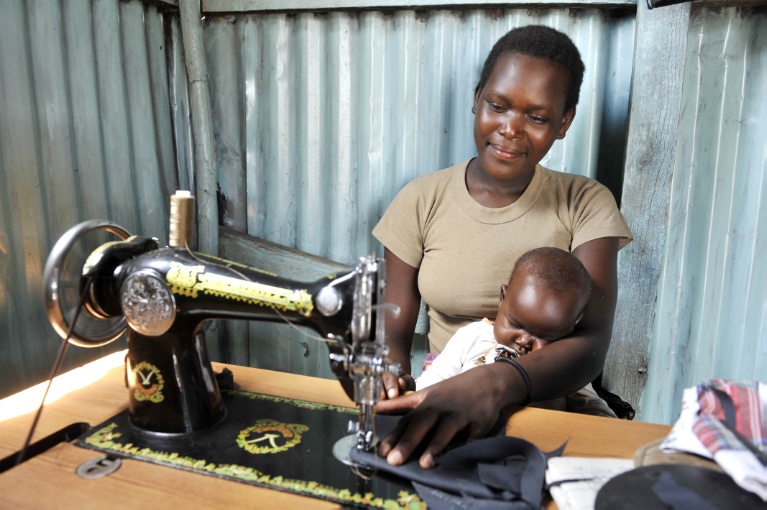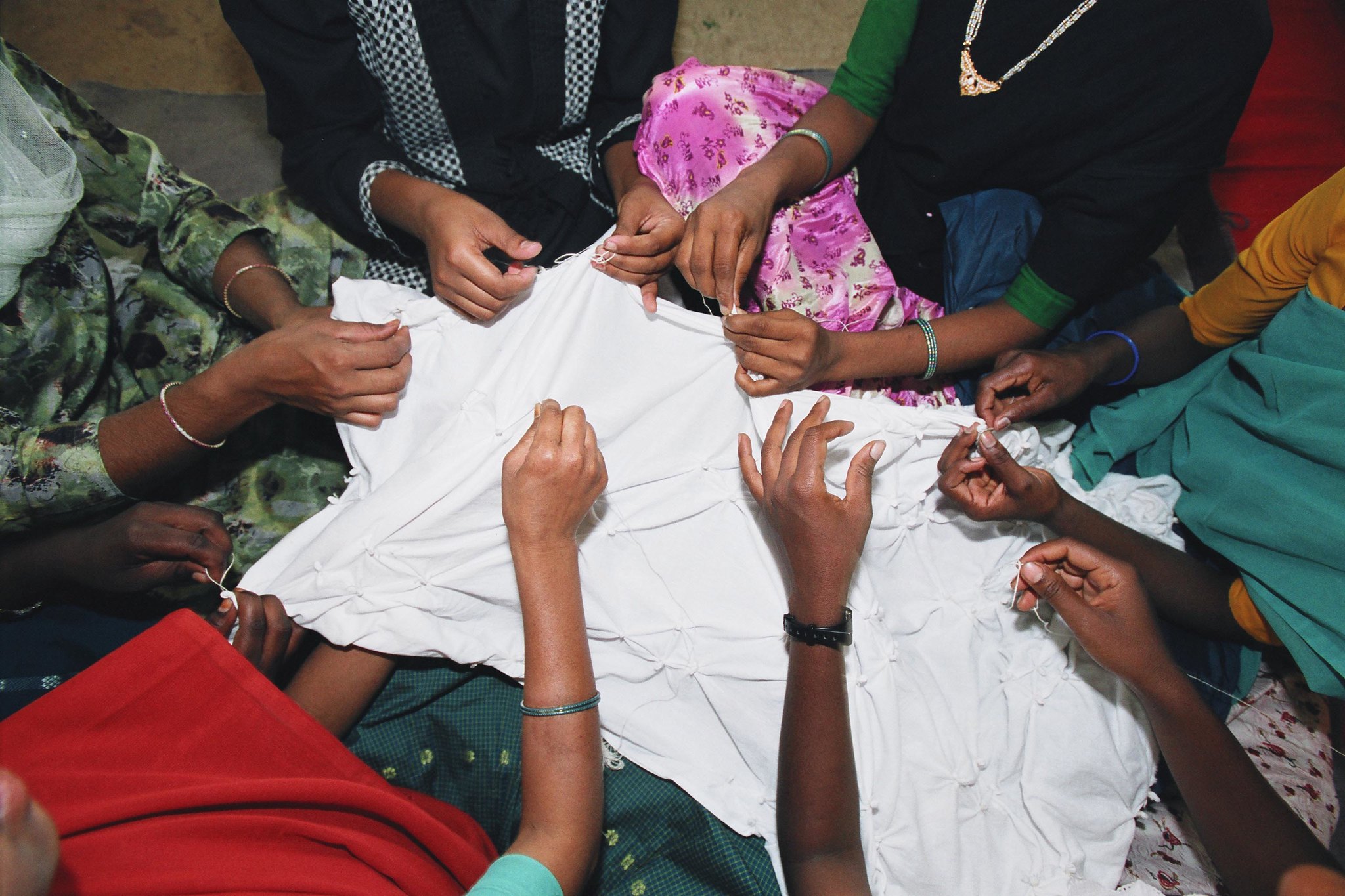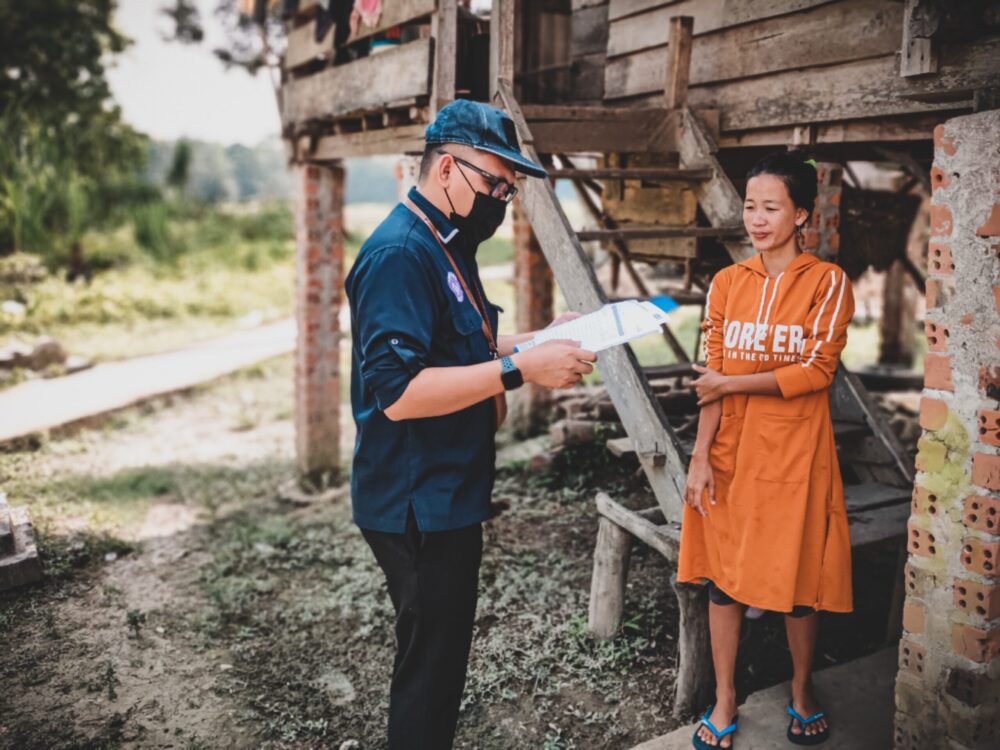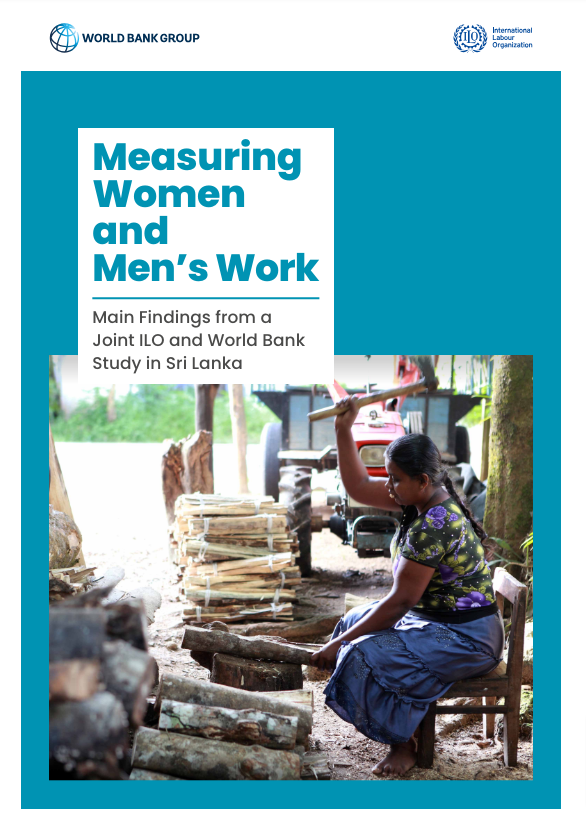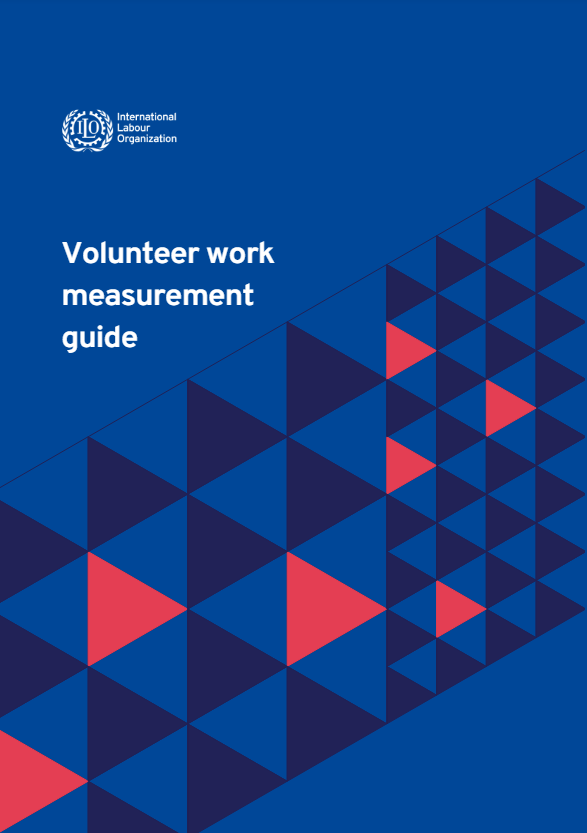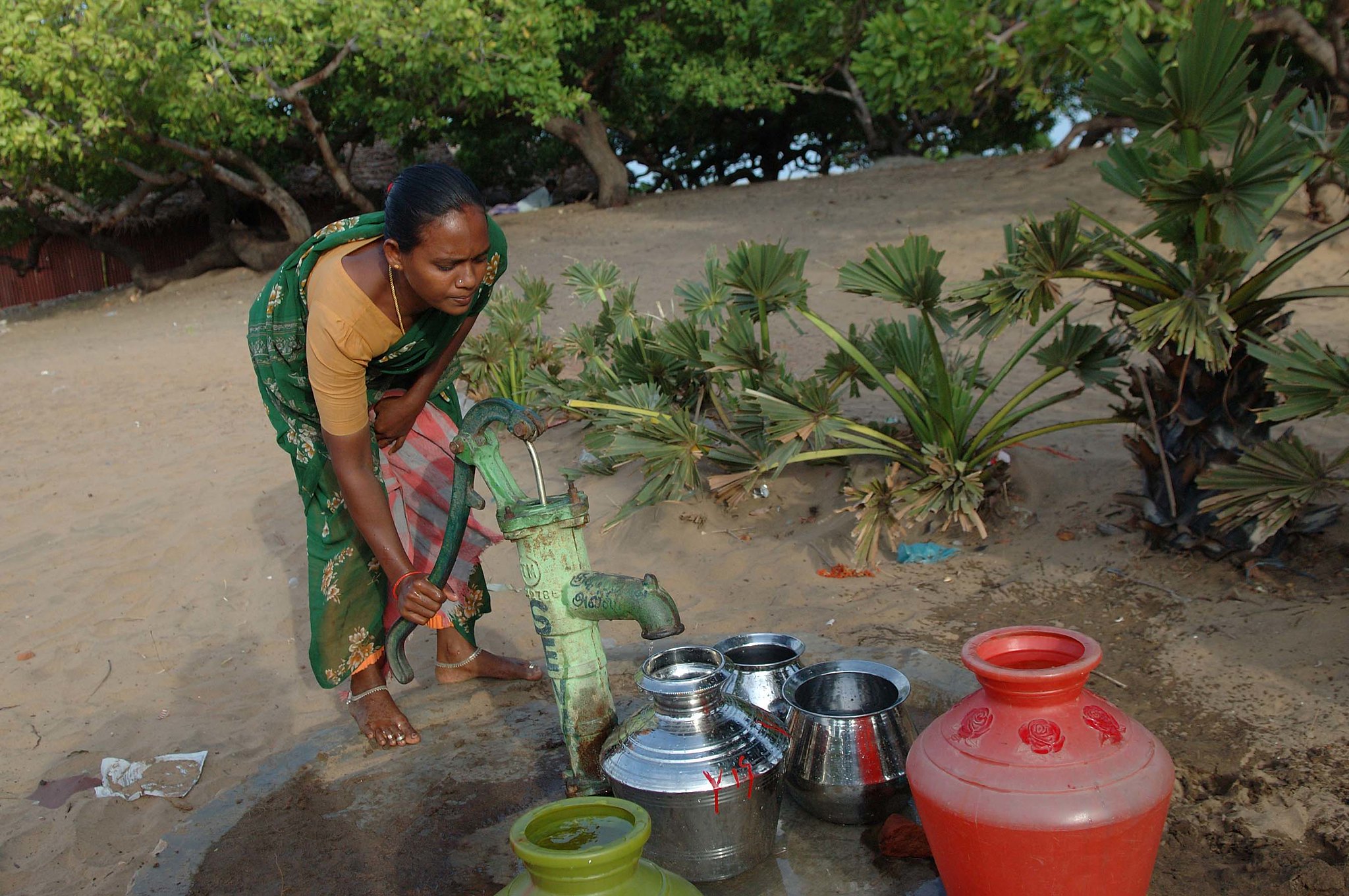
New ILO database updates work-related indicators to meet latest standards
The framework on work statistics has been widely publicized over the years, particularly to data producers and policymakers, as it was designed to improve labour market and gender analysis. But little has been said to data users interested in international comparisons. Until now. Here is the ILOSTAT solution to handling the impacts of revised definitions occurring on different schedules across the globe.
New ILO database updates work-related indicators to meet latest standards Read More »

